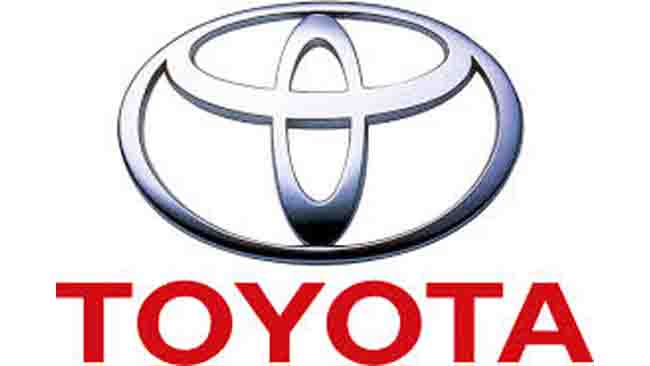
Bangalore, October, 2019:
Over
the last one decade, plastic pollution has become a worldwide phenomenon and
its ramifications in terms of waste management have become a critical issue
that the world is facing today; both from the perspective of resource
availability and its impact on our eco-system. Reports on waste management by
the World Bank suggest that by 2050, the world is expected to generate 3.40
billion tons of waste annually, increasing drastically from today’s 2.01
billion tons. While the East-Asia and Pacific region are likely to generate close
to a quarter (23% approx.) of all the waste and South Asia will more than
double its waste stream.
Toyota being a responsible corporate, envisioned
the increasing complexities of this crucial issue and globally announced the “Toyota Environment Challenge 2050”, a one-of-its-kind
long-term initiative aiming to minimize carbon dioxide emissions and have a
positive impact on the environment. As part of the six well-defined challenges
to be achieved by 2050, Toyota has taken upon itself to establish a recycling-based
society and systems, inspired by its philosophy of Toyota Earth Charter, which encourages pursuing production
activities that do not generate waste.
Aligning its activities with the Toyota
Environment Challenge 2050, TKM established a robust waste management system at
its operating facility at Bidadi, in Karnataka. Its five-year action plan
derived from the Toyota Earth Charter is also in place which speaks on “Reduction
in Hazardous Waste Generation” and “Continuous Efforts to achieve Zero
Waste to Landfill”, giving the reduction targets. With these efforts, TKM
is ensuring zero waste directly to landfill and achieved a recyclability of
96% to date, for the wastes which are generated from the manufacturing
operations.
Commenting on the initiatives taken by TKM, Mr.
Masakazu Yoshimura, Managing Director, Toyota Kirloskar Motor said, “Keeping in-line with our global
Toyota Environment Challenge 2050 and aligned with honorable Prime Minister’s
nationwide campaign
to limit the consumption of single-use plastic, we have proactively implemented
several initiatives encouraging our stakeholders to reduce, recycle and reuse,
as a step towards a better tomorrow.”
He further added, “Environment
consciousness is etched into Toyota’s ecosystem, right from our supply chain to
our management and employees to the beneficiaries on the ground ensuring a
sustainable impact. Through
this initiative, we are committed to build a sustainable waste management
system to reduce the negative impact of single-use plastic.”
As
part of the project, TKM also conducted an extensive study to find the
alternative options for waste minimization to utilize biodegradable waste
(Non-Hazardous) in an eco-friendly manner. The study involved testing various
composting techniques, and the team arrived at ‘vermi-composting’, a process of
composting
using various worms,
usually red wigglers to
create a heterogeneous
mixture of decomposing waste. As a result, with the use of this technique, of
the 6 MT of bio-sludge generated at the plant, 4 MT was converted to manure
(fertilizer). This helped in reducing the landfilling cost up to 28.8 lakh per
annum and also curtailed the emissions up to 18 tCO2e/annum.
Understanding the extent of issues of the plastic
wastes and global drive for the establishing the circular economy, in 2018, TKM
accelerated its efforts towards reducing the plastic waste and started a
company-wide drive ‘5R’. With its well-defined strategy for identification of the
Kaizen’s (continuous improvement), TKM promoted the reduction activities involving
its employees. Various activities taken up as part of the 5R initiative yielded
a reduction of 45% in plastic footprint over the period of June 2018 till June
2019.
Further,
Ecozone also houses the Value Theme Park dedicated to
educate the stakeholders on the importance of waste management, solutions for
effective value creation from waste and ways to move towards a Zero Waste
Society. The theme park highlights the key issues of waste management in the
society and industry, and provides a platform for triggering discussions to
evolve solutions.
TKM has been able to prove its
eco-commitment with continuous improvements in Environmental Performance
year-on-year. It will further continue its various eco-initiatives to bring
about a positive change in the attitude towards creating a sustainable, cleaner
and a greener tomorrow.